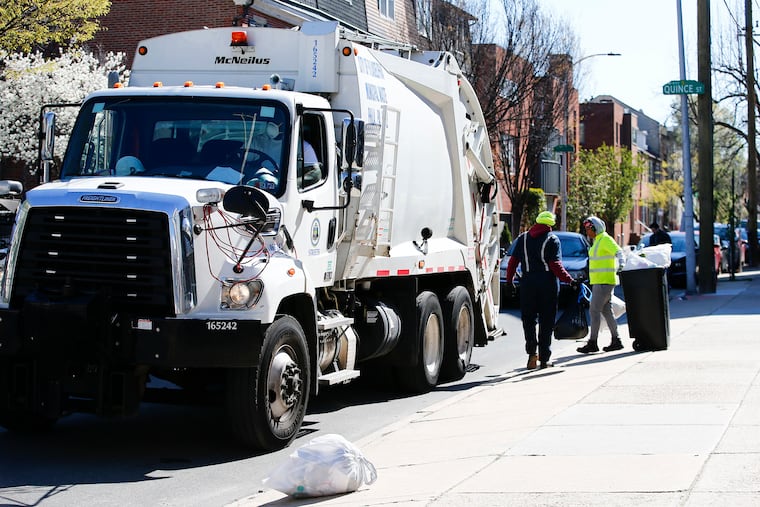Hope Florida ‘graduate’ still seeks financial independence three years after completing the program.
Celia Franjul, a resident of Branford, Florida, represents one of the 30,000 individuals that Hope Florida claims to have assisted in overcoming poverty and transitioning away from government aid. This initiative, championed by First Lady Casey DeSantis, aims to provide a comprehensive support system for those seeking to improve their financial situations. However, Franjul’s experience with the program diverges significantly from the successes portrayed in the organization’s promotional materials.
Franjul’s journey with Hope Florida began three years ago. At 42, she resides in a double-wide mobile home with her three youngest daughters. The family faces economic challenges, with her fiancé as the sole breadwinner employed at a collection agency. Despite assurances from Hope Florida, Franjul remains unemployed, and she and her children continue to rely on Medicaid for health coverage, a stark contrast to the program’s narrative which suggests that participants move off government assistance quickly.
Initiated in 2019 under the auspices of the Florida Department of Children and Families, Hope Florida was positioned as an alternative to conventional welfare programs. The administration, including Governor Ron DeSantis, touts that the program has effectively helped thousands escape food stamps and welfare, citing significant state savings estimated at 8 million annually. This figure is based on the reduction of benefits for those who have reportedly exited the welfare system, as explained by Department Secretary Taylor Hatch during legislative hearings.
However, scrutiny has emerged regarding the program’s accountability and transparency. Critics, including Representative Alison Tant, have raised concerns about the misleading portrayal of the costs associated with welfare benefits, primarily funded by federal dollars. Moreover, the program is noted for its characteristic reliance on referrals to other organizations for assistance rather than direct help, a point emphasized by Franjul. Although she received some emotional support, she felt that the practical aid provided was lacking, particularly in critical areas such as utility payments and childcare assistance.
Additionally, Hope Florida has faced criticism for failing to deliver detailed data to legislators concerning its impact, particularly in the wake of recent controversies surrounding its financial dealings. The organization has reportedly funneled a million settlement from the Medicaid system into a political action committee, raising ethical questions about its operations.
Franjul’s encounters with Hope Florida underscore the urgent need for more robust oversight and concrete results from initiatives intended to assist vulnerable populations. With aspirations to start a coffee shop in her community and improve her employment circumstances, she highlights the importance of not only support but also actionable resources to foster long-term success. As the state continues to navigate the complexities of welfare reform, the true efficacy of programs like Hope Florida remains a subject of significant debate.
Media News Source







